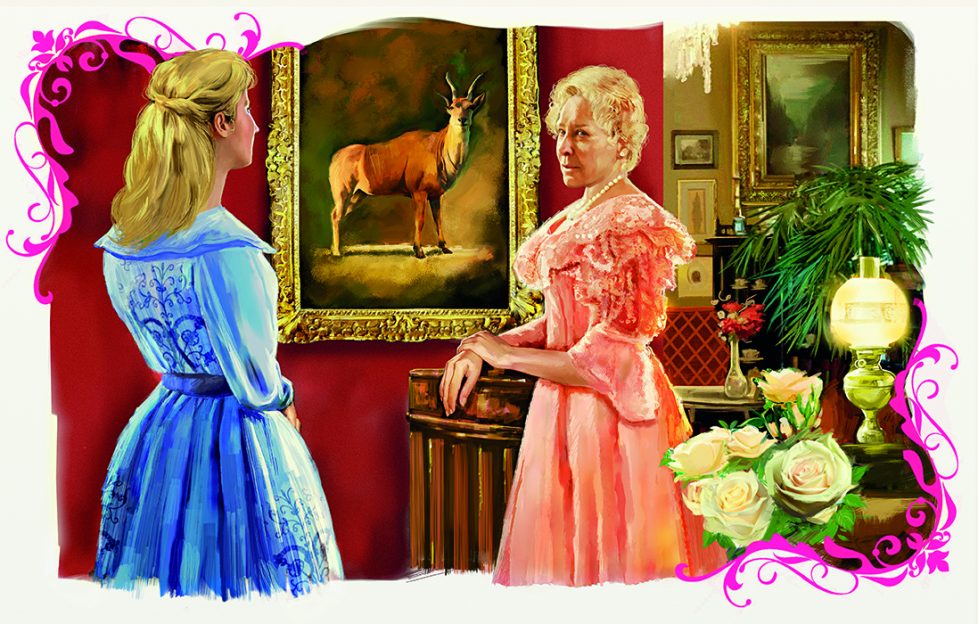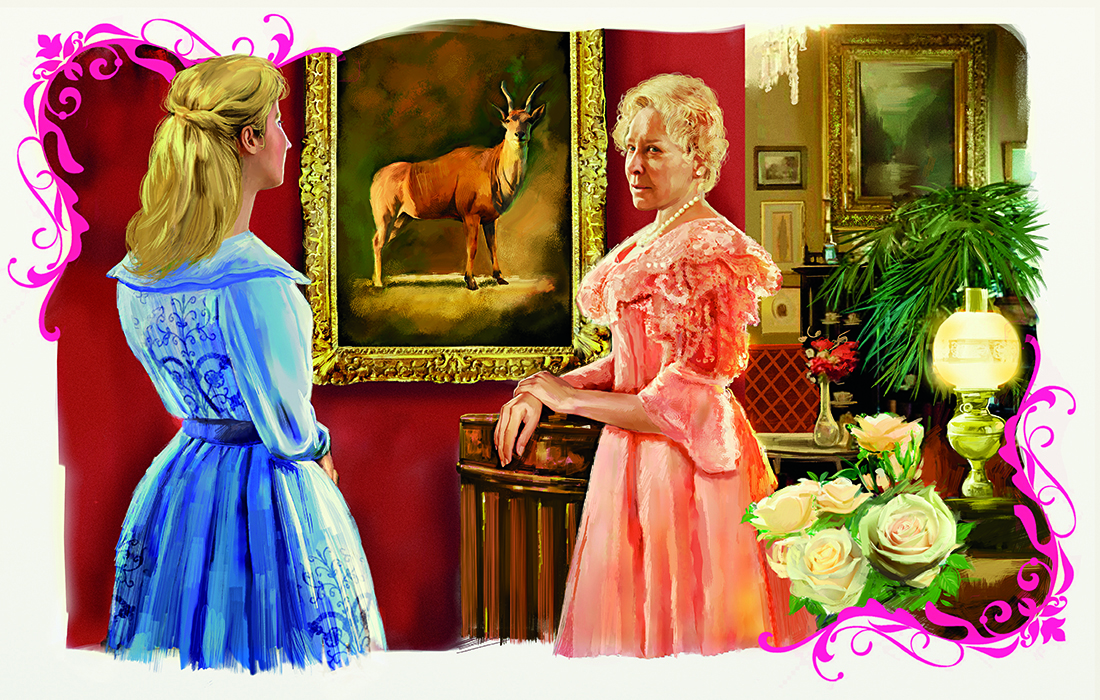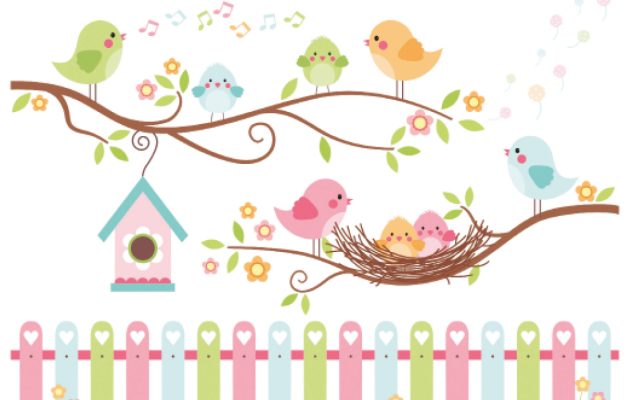Hold Fast To Your Dreams – Episode 38

Hold Fast To Your Dreams
« Previous Post- 1. Hold Fast To Your Dreams – Episode 01
- 1. Hold Fast To Your Dreams – Episode 38
How long were they going to stay? She could bear the silence no longer and found herself falling into social patter to match the occasion.
“Lord Hugh, Lady Malaika. It is lovely to see you both again. Do have a sandwich, and some cake. I hope that Lord Farrington is well?”
“My son took him off for a day of walking,” Lady Farrington said. “He thought it a good idea. Lord Farrington has been under considerable strain recently.”
“Well he should be,” Hugh said, and Lady Farrington threw him a disapproving glance.
“What Lord Hugh means, Jenny, is that Lord Farrington is suffering from a degree of anxiety which has come about as a result of our present financial situation.”
“She means that my brother lost what was left of the family fortune,” Hugh said flatly. “Perhaps you remember when he took the family off to America? It was bad luck, his investment in that San Francisco railway.
“I suppose it’s the one way in which he has followed in his older brother’s footsteps,” he added wryly.
Malaika turned to her husband and said something in her own language, her seemingly unshakable composure clouded with a look of sadness – or was it disapproval?
Lady Farrington sat forward in her chair and set her teacup carefully on the table.
“This brings me to the point, Jenny,” she said, her eyes narrowing. “You see, Lord Farrington finds himself in a very difficult position. In order to keep disaster at bay, he will need to make some changes.
“Now, we all know that our daughter-in-law, Thea, is a very wealthy woman, but frankly, Jenny, she is very unpredictable and we find we cannot really trust her to . . .”
Her voice trailed off and Jenny felt her heart begin to pound. What couldn’t they trust about the countess?
“But the countess is so kind!” she protested. “She was always very good to me when I was her lady’s maid.”
It seemed a lifetime ago that Jenny had worked at Farrington House, and had become almost a confidant of the countess.
Suddenly, it felt like the foundations of all that she’d known were somehow threatened.
And she sensed something else, and it frightened her, though she didn’t know what it was. If only Ben were there.
“Your father, Jenny,” Lady Farrington said slowly, “is getting older, and surely farm work is beginning to tire him anyway?”
“How does this concern my father? What do you mean?” She knew she was being rude but she didn’t care.
“I cannot say for certain, of course, but –”
“For heaven’s sake, tell the girl the truth, Julia,” Hugh blurted out. “My brother is quite probably going to dissolve some of the estate, and your father’s farm work will no longer be required.”
Jenny felt herself growing hot and unable to speak as a dreadful weakness coursed through her body.
Dad; Sarah; the children and the cottage!
“All is not necessarily lost,” Lady Farrington interjected. “We have come to explain something else to you, Jenny.
“It is complicated, but I implore you to listen quietly while we tell you the real reason we have made the journey here today. You see, there may be hope.”
“What time is it, Becky?” Emily tucked a lock of hair back from her damp face, then made the final adjustments to the russet walking suit they’d been dressing the mannequin in.
It had been hard work, manoeuvring the stiff wooden arms into the close fitting jacket, and forcing the skirt down over the iron legs.
Emily, Becky and Miriam had rigged up curtains to pull across the tall windows, to hide their activity and the window displays from passers-by, and the lack of light made things even more difficult. But at last they had managed.
Becky hurried to the end of the room and checked the clock.
“It’s just gone seven.”
“No wonder it’s getting so dark,” Emily said.
She peeked out between the curtains. The fog was swirling in, and the people on the street had begun to thin out.
“How is everything going with the children’s outfits, Miriam?”
“I’ve finished the dress and coat, but the little boy’s knickerbockers still need buttons and hooks.”
Miriam had been in charge of children’s wear since the three of them had joined forces a few weeks ago.
She enjoyed making the smaller garments, and her crowning achievement had been matching dresses for twins, mirroring a lady’s day dress in dove grey and peach that Emily had designed.
They knew it was a gamble, making a trio of dresses that would require a mother and set of twins, but when displayed on hangers against the backdrop of freshly painted primrose-yellow walls, they would certainly be eye catching.














